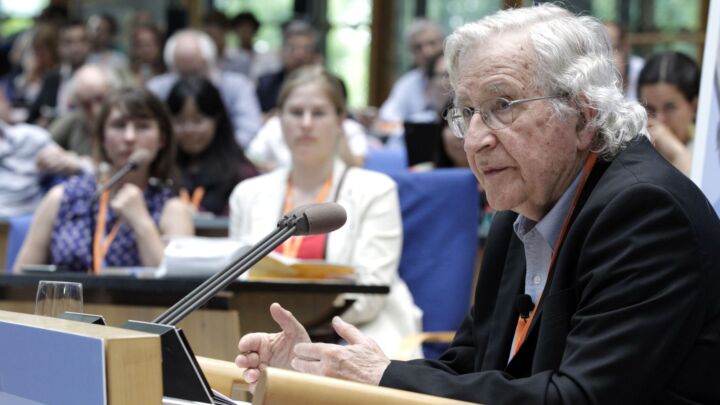They warn too much
Why the UK government's booklet on ‘preparing for emergencies' backfired.

Want unlimited, ad-free access? Become a spiked supporter.
The New Labour government is currently distributing a booklet entitled ‘Preparing for Emergencies: What You Need to Know’ to every household in the UK (1).
The 22-page publication is ‘constituted from 75 per cent post-consumer waste’, so it can literally be described as reconstituted rubbish. Judging by its contents, it is fair to assume that many booklets will be recycled again quite quickly.
Having viewed an early draft, which itself was fairly inane, the remarkable feature of the finished product is that the powers-that-be managed to dumb it down still further. This speaks volumes about how the public is viewed by those who promote access, engagement and dialogue.
The real purpose of this exercise is to placate the government’s critics who, since 9/11, have demanded that more should be done to provide the public with information as to how to act in an emergency. This vocal minority has pointed to the literature provided early on to Australian citizens, as well as the far more detailed official websites available in the USA.
The UK Home Office view was always to emphasise that providing information in the absence of evidence of specific threats would be alarmist. A handful of Conservative doom-mongers and quasi-retired former army officers working as local authority emergency planning officials have managed to turn things around.
Predictably, the leaflet has satisfied nobody. The ‘something must be done’ constituency point to its obvious deficiencies and vacuity, while the vast majority who were carrying on with their lives as normal – which is presumably what the government would most want – will by and large continue to do so, only now armed with evidence of official waste and nervousness.
The need to be seen to be doing something has dominated most official actions since 9/11. A mythology of looming threats has created an insatiable appetite for security, which then has to be assuaged through totemic gestures. In fact, no amount of information or action will ever reassure those who are currently demanding more, short of being permanently zipped up into their own rubber universe.
In this regards, the government only has itself to blame. In spite of prime minister Tony Blair’s November 2002 Banqueting House speech, in which he spoke of the need to ‘avoid doing [the terrorists’] job for them’, there has been a constant tendency to talk up the situation. The head of the security services described it as a matter of ‘when, not if’ the terrorists would strike, while the chief commissioner of the Metropolitan Police announced that an attack was ‘inevitable’.
With language like this, it is hardly surprising that the government is expected to do something to protect the citizenry, or at least arm them with the necessary knowledge to cope. But these official warnings, the constant crying of wolf in relation to allegedly imminent acts of terror, only increase the general culture of cynicism towards authority. It was inevitable that the focus groups that were asked whether they felt the government should be doing more to provide people with such information would report back accordingly.
Equally, it was inevitable that the publication would be received with dismay or disdain. What we are witnessing is not an accurate gauge of public perception, but rather the elite’s perception of public perception, reflected and amplified back at it through the prism of mistrust and isolation. The net outcome is the creation of a constant sense of being under siege. One more strike for the terrorists, then?
Read on:
spiked-issue: War on terror
(1) Preparing for emergencies website
You’ve hit your monthly free article limit.
Support spiked and get unlimited access.
Support spiked and get unlimited access
spiked is funded by readers like you. Only 0.1% of regular readers currently support us. If just 1% did, we could grow our team and step up the fight for free speech and democracy.
Become a spiked supporter and enjoy unlimited, ad-free access, bonus content and exclusive events – while helping to keep independent journalism alive.
Monthly support makes the biggest difference. Thank you.









Comments
Want to join the conversation?
Only spiked supporters and patrons, who donate regularly to us, can comment on our articles.